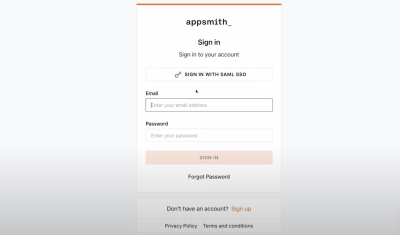Single Sign-On (SSO) is a user authentication process that permits a user to access multiple applications or systems with one set of credentials, eliminating the need for separate usernames and passwords for each. SSO improves user experience by providing a seamless and efficient way to navigate through different services and platforms without the hassle of logging in multiple times. This not only enhances productivity but also significantly reduces the risk of password fatigue, where users might choose weak passwords or repeat them across services due to the burden of remembering multiple credentials.
In the backend, SSO is facilitated by a central authentication server that verifies the user's identity and provides tokens or assertions to other applications, confirming the user's authentication status. This method also simplifies the management of user accounts for IT departments, as user access rights can be adjusted or revoked through a single interface, improving security and compliance with data protection regulations.
Widely used in enterprise environments, cloud services, and online platforms, SSO solutions support various authentication standards, including OAuth, OpenID Connect, and SAML, making it a fundamental technology in modern IT infrastructure to streamline access while maintaining high security standards.


